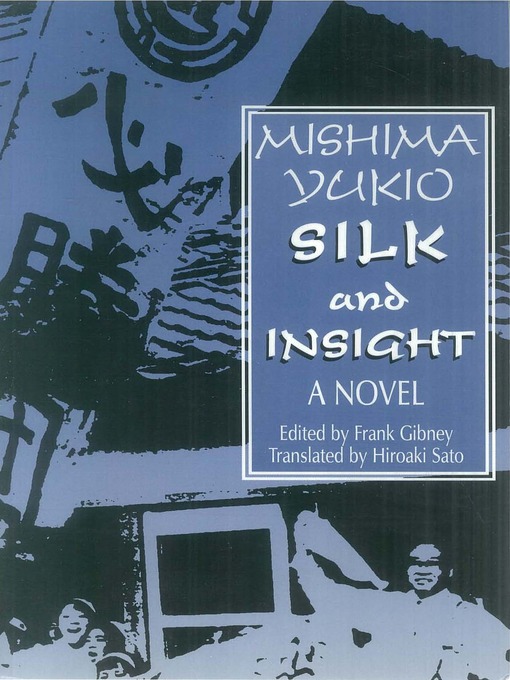Published in 1964, Silk and Insight (Kinu to Meisatsu), is one of the last major novels of Yukio Mishima to be translated into English. Besides being a good novel, as one would expect from Mishima, it stands as an excellent piece of social commentary on the transformation of Japanese business from the old paternalism—which by no means was benevolent—to a new world where labor unions were as active as any other institution in changing their image. One of Yukio Mishima's early novels and highly significant as a contribution to Japan's postwar literature and politics, Silk and Insight is based on the strike—often described as the most significant in the history of Japan's postwar labor movement—which took place at Omi Kenshi, a silk thread and fabric manufacturer not far from Kyoto. While Mishima has populated the book with interesting and thoroughly believable fictional characters, the events he narrates faithfully reflect the tensions of that period and give a unique picture of the strife upon which Japan's later successful management/labor relations were built.
Yukio Mishima (1925-1970), a prolific writer of novels, plays, and essays, is a dominant literary figure of twentieth-century Japan. His novels include The Sailor Who Fell from Grace with the Sea, The Sound of Waves, After the Banquet, The Temple of the Golden Pavillion, and the great tetralogy, Sea of Fertility.
Hiroaki Sato is a leading translator of Japanese poetry into English. His most recent book is Breeze Through Bamboo: Kanshi of Ema Saiko.
